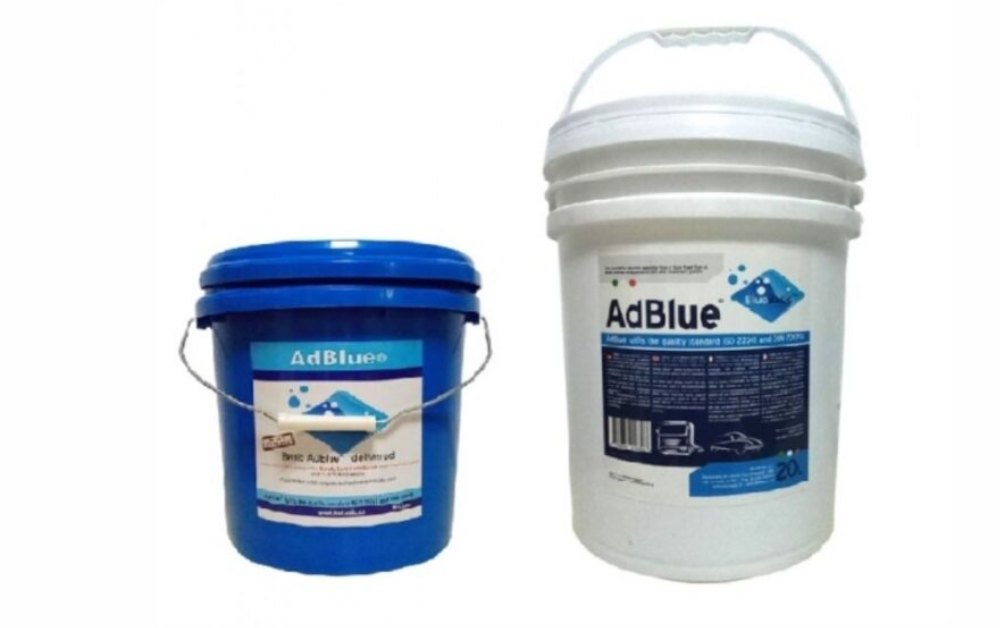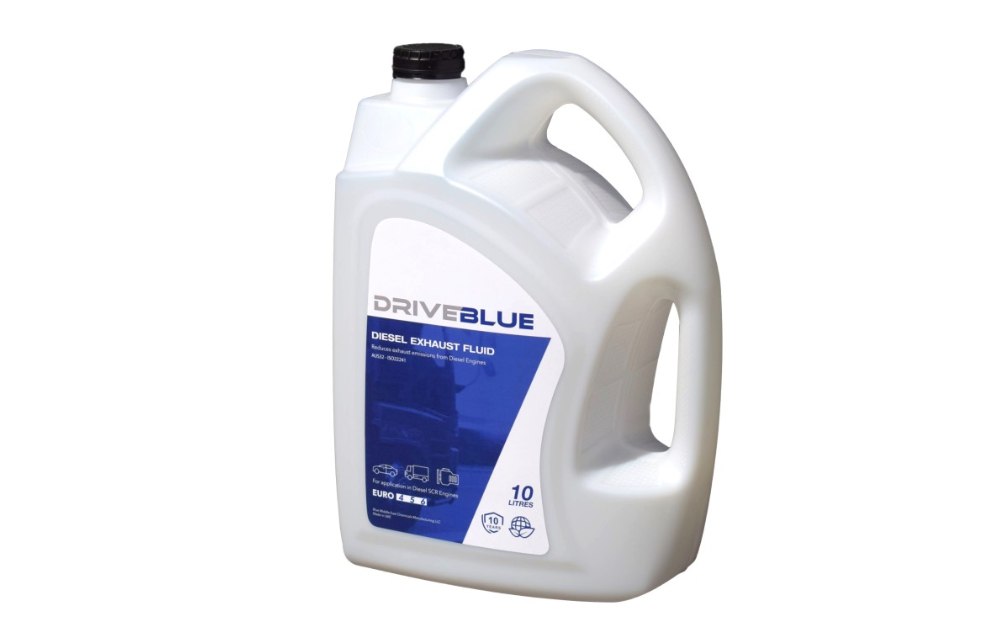This Diesel Exhaust Fluid proves to be essential in engines with Selective Catalytic Reduction. With tightening environmental regulations throughout the world, proper utilization and handling of DEF call for its compliance and efficient protection of diesel vehicles. With a reputable diesel exhaust fluid manufacturer comes handling and storage, which can prove equal in the preservation of the integrity of DEF along with effectiveness.

What is Diesel Exhaust Fluid?
DEF is a non-toxic, high-purity solution composed of technical grade urea (32.5%) and deionized water (67.5). It is injected into the diesel engine’s exhaust system to break down harmful nitrogen oxides (NOx) into harmless nitrogen and water vapor. This process greatly reduces emissions and helps vehicles meet strict environmental standards like Euro 6.
Poor handling or storage of DEF compromises the quality and leads to equipment failure and expensive repairs.
The Effect of Wrong Handling and Storage
1.Contamination Risk
DEF is highly sensitive to getting contaminated. Dirt, fuel, oil, or even small amounts of tap water can affect its purity. This will make it ineffective and potentially damaging the SCR system. Contaminated DEF may cause blockages, reduce NOx conversion efficiency, or trigger warning signals in the vehicle’s diagnostic system.
2.Degradation from Temperature Fluctuations
DEF must be kept within a temperature range, preferably between -5°C and 30°C. Extreme temperatures will change its chemical composition. Freezing or over-heating of DEF reduces its effectiveness and might even put it out of compliance with ISO 22241 standards.
3.Shortened Shelf Life
Storage conditions should be appropriate to maintain the shelf life of DEF, which has a shelf life of approximately one year. Sunlight exposure and unstable temperatures will hasten degradation and effectiveness loss.
Best Practices for Handling DEF
1.Source from reputable manufacturers
Sourcing from a reputable diesel exhaust fluid manufacturer can comply with DEF ISO 22241 quality standards.
2.Use Dedicated Equipment
Use equipment that are designed to handle DEF. Sealed containers, pumps, and dispensers are recommended. One should not reuse containers that have other fluids, as this type of residue can contaminate the DEF.
3.Minimize Exposure
Keep DEF containers sealed when not in use to prevent contamination. Prolonged exposure to air may lead to the formation of crystals, which can clog dispensing systems.
Storage Guidelines
1.Temperature Control
DEF must be stored in a cool and dry place where it is away from contact of sunlight. Avoid storing it in areas that are prone to extreme temperature changes, such as outdoor sheds or un-insulated locations.
2.Store in Suitable Vessels
DEF should be stored only in urea-based solution-specific vessels. These specific vessels prevent any chemical reaction that would degrade the properties of DEF.
3.Label and Rotate Stock
Containers DEF should be labeled with a purchase date and use first-in, first-out inventory control to ensure that older stock is consumed before it expires.
Duty of Manufacturers in Maintaining Quality
Reliable diesel exhaust fluid manufacturers are important in providing quality DEF that meets international standards. Most manufacturers provide guidelines on how to handle and store the fluid properly, which helps end-users maintain the fluid’s integrity. In addition, reliable suppliers may provide technical support and training to enable customers to optimize their usage of DEF.

Conclusion
Proper handling and storage of Diesel Exhaust Fluid results in proper functioning, reduction of emissions, and prevention of costly repairs. By getting a reliable diesel exhaust fluid manufacturer and following best practices, users can ensure longevity for their SCR systems while contributing to a cleaner environment.
It is not only a compliance requirement but also a smart business decision to protect both your vehicle and the planet by investing the time to do DEF right.
